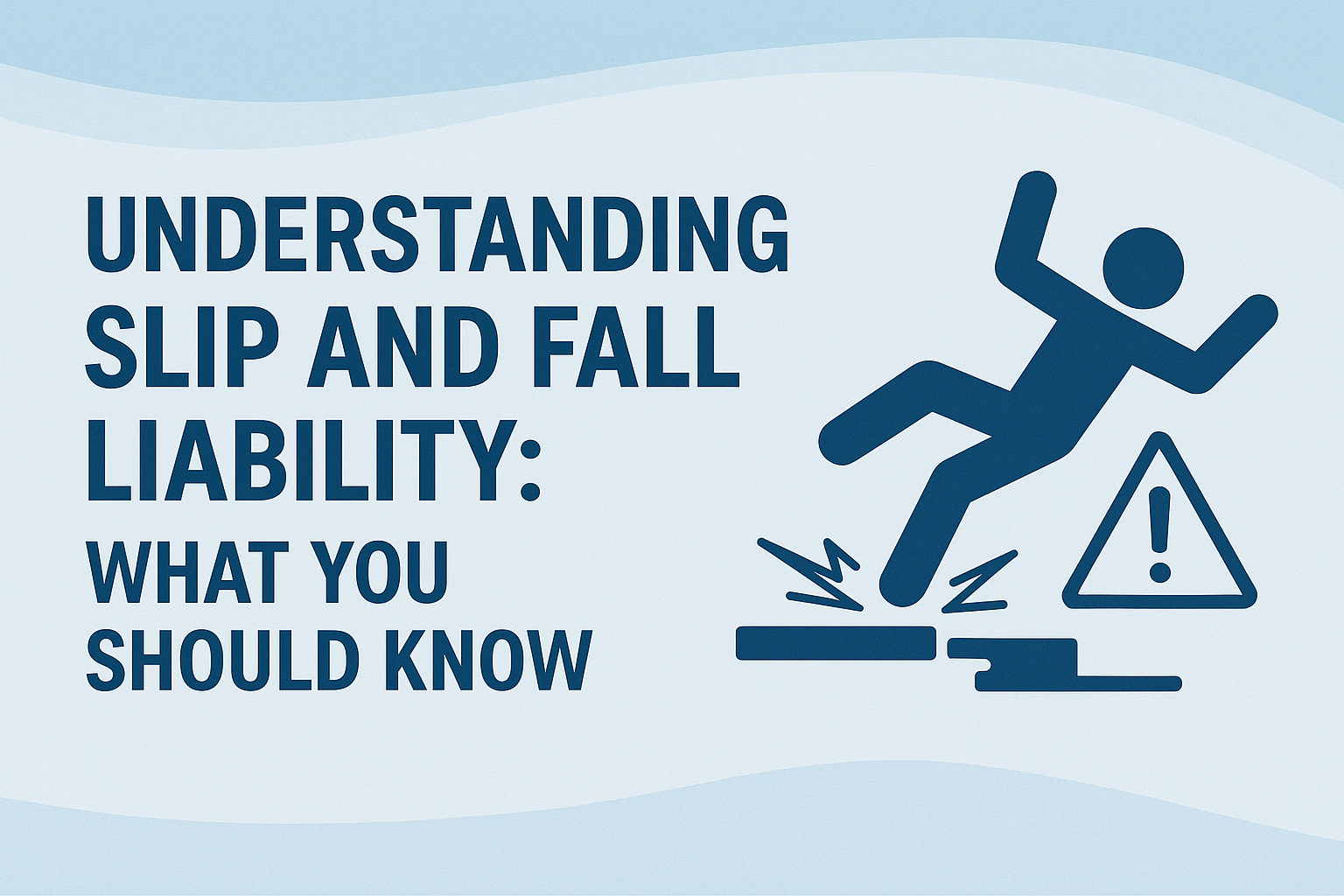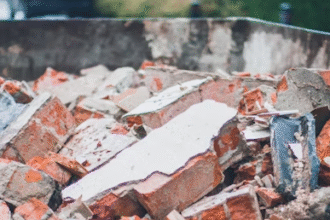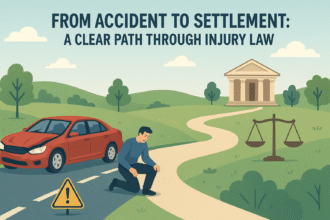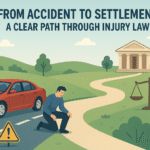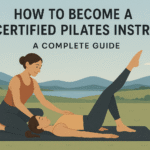Slip and fall accidents happen more often than most people think, and they can lead to serious injuries with lasting impact. If you’ve been hurt or own property where someone fell, knowing your legal rights and responsibilities is key. This knowledge can protect you from costly mistakes and help you take the right steps after an incident.
Many people underestimate how a simple hazard, such as a wet floor or uneven pavement, can lead to serious legal claims. By understanding how slip and fall liability works, you can either build a strong case or avoid one altogether. Keep reading to learn how to protect yourself and stay informed in any situation involving a slip and fall accident.
What Constitutes Slip and Fall Liability?
To prove liability in a slip and fall case, certain key points must be shown. The main idea is that the property owner was careless and didn’t take steps to keep the area safe. If the owner knew-or should have known-about a danger and did nothing, they may be held responsible.
Negligence can take many forms. This includes not fixing a broken step, leaving spills on the floor without cleaning them up, or ignoring clutter in walkways. Even something as simple as failing to place a warning sign near a wet floor can be seen as neglect.
Poor lighting, floor damage, and uneven surfaces can all contribute to serious injuries. If these issues are left unfixed, the property becomes unsafe for visitors. By ignoring these hazards, property owners not only jeopardize others’ safety but also increase their chances of facing liability.
Property Owner Responsibilities
Property owners have a legal responsibility called the “duty of care.” This necessitates keeping their premises safe for all who enter, including guests, customers, and occasionally trespassers. The level of care required often depends on who the visitor is and the type of property involved.
To meet this duty, owners must regularly inspect their property for any dangers. They should fix or block off hazards, like wet floors or loose tiles, as soon as possible. Lighting must be adequate in hallways, stairs, and other public areas to prevent accidents.
In colder months, they must also take extra precautions, such as spreading salt on icy walkways. Neglecting these reasonable measures can result in legal claims, particularly in slip and fall cases. Courts look at whether the property owner acted responsibly to prevent harm before deciding on liability.
Types of Slip and Fall Injuries
Slip and fall accidents can cause serious injuries that affect a person’s health and daily life. Victims often suffer broken wrists, ankles, or legs from the sudden impact. Others may experience back or neck pain, which can become chronic without proper treatment.
Head injuries, including concussions, are also common and may lead to long-term complications. Sprains, strains, and other soft tissue damage can limit mobility and delay recovery. Because these injuries can disrupt work and daily routines, it’s important to get medical help right away and keep records of all treatments.
Proving Negligence in Slip and Fall Cases
Winning a slip and fall claim requires demonstrating that the property owner acted negligently. This means showing that the owner had a duty to keep the area safe and failed to do so. That failure must have directly caused the injury and led to real damage, like medical bills or lost income.
Strong evidence is key to building a solid case. Photos of the scene, statements from witnesses, and detailed medical records can all support the claim. Having a lawyer on your side can also help gather the right proof and present it effectively.
Defenses for Property Owners
Property owners can use certain defenses to fight slip and fall claims. One common defense is comparative negligence, which argues that the victim was partly at fault for the accident. Another is latent defects-hidden dangers the owner couldn’t have found even with regular checks.
A property owner may also show they followed safety rules and kept the area in good condition. Knowing these defenses helps both sides understand what may influence the outcome of a case. To stay protected, owners should keep records of inspections and repairs as part of regular maintenance.
What to Do After a Slip and Fall Accident
If you slip and fall, acting quickly can protect your health and legal rights. Get medical help right away, even if the injury seems small. Then report the incident to the property owner or manager and make sure their response is noted.
Take clear photos of the scene and what caused the fall, like wet floors or broken steps. Talk to any witnesses and get their contact details in case their statements are needed later. Keep a record of all medical treatments and expenses, as this information can support your claim and help you meet strict legal deadlines.
Consulting with a Lawyer
Given the complexity of personal injury claims, working with an experienced lawyer can be a smart move. An experienced attorney will clarify your rights, collect vital evidence, and negotiate with insurance companies or property owners. Their support can make the legal process easier and improve your chances of getting fair compensation.
When looking for legal help, choose someone with a strong track record in handling cases related to slip and fall liability in Arizona. A focused attorney will fight to recover damages for medical bills, lost income, and other losses. With proper guidance, you can safeguard your rights and concentrate on your recovery.
Preventative Measures for Property Owners
Property owners can significantly reduce the risk of slip and fall claims by implementing straightforward yet vital safety measures. Regular inspections, warning signs, and trained staff help prevent accidents before they happen. Having liability insurance also adds protection if a claim does occur.
Stay Informed, Stay Protected
Slip and fall accidents can lead to serious consequences, but knowing the law helps you take control. Whether you’re injured or responsible for a property, understanding liability keeps you one step ahead. Acting fast, staying informed, and getting the right support can make all the difference.
If you’ve been hurt, talk to a legal professional who can help you claim what you deserve. If you own property, take simple steps now to avoid big problems later. For more tips and insights, check out the rest of our blog.
